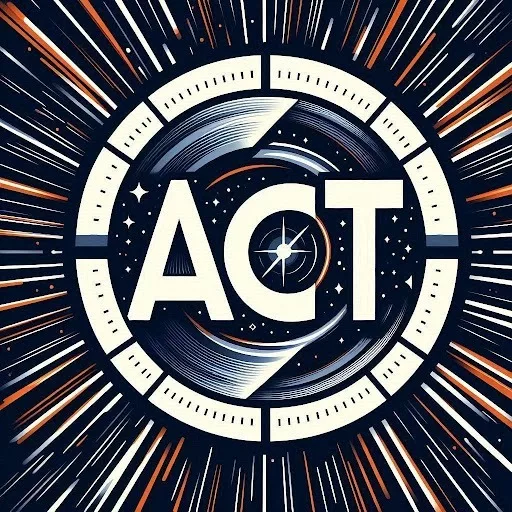A few months ago I took an official ACT exam and learned that the test was evolving; little did I know just how true that was.
It’s a turbulent time in the college testing landscape.
The SAT, the older brother of the family, made massive changes to its tests this year, shifting to a fully digital testing experience, with significant length and formatting alterations. This much was expected from the capricious minds at College Board, who have now introduced their third variation of the SAT test within only the last 15 years.
The ACT company, however, has been much more conservative with their test, with its overall structure and formatting remaining largely unchanged since the late 1980’s. Well, all of that changes soon, as just a few days ago the ACT company announced massive changes to their flagship test’s format:
The first of the two large changes is that the Science section has been cut from the core test.
The Science section that had previously inhabited the final quarter of the ACT will be fully removed from the core test, moving to an optional slot alongside the writing assessment. This leaves the ACT now with only Reading, English, and Math as the core trio representing the test (making it almost identical in structure to the modern SAT).
Anyone familiar with the ACT will not be too surprised with the move to oust the final section; ask any student and they’ll agree the Science section always felt like an odd inclusion to begin with. Partially, this is due to its dissimilarity to any other exam they’ve taken before, but equally so it’s simply quite a confused test. Science was always a strange name for it, given it was much closer to a graph interpretation section wearing a scientifically themed trench coat. Far from testing science, the section mainly tested students’ patience, and I personally am glad to see it go (if not a bit saddened at losing the least rigorous and most abusable section on the ACT).
With this massive change comes additional questions; Do the remaining sections inflate to fill the time left behind by Science, or does the test simply cast aside the questions and time taken up?
The answer is closer to the latter:
The second change is that the entire test will be shortened by a full hour.
Keen brained mathematicians reading this will note that the removal of the 35 minute long science section does not account for the complete hour of cut duration promised. The extra time savings will also come from the removal of 44 questions across the Reading and English sections. Additionally, the English and reading sections will feature shorter passages, and fewer questions per section leading to more time per individual question.
The ACT has always been infamous for its excessive length, so this move from a roughly 3 hour duration to only 2 hours is a significant shift in the test’s identity. This change is much welcome by myself and probably most every student. The SAT implemented an almost identical test timing with their most recent iteration, and the response from my students has been immensely positive. Kids love reading shorter passages and spending less time taking stressful standardized exams; who knew?
My initial reaction to these changes is tenuously positive. Math, Reading and Writing are clearly the key components students should be tested on, so I’m happy to see them being emphasized in a sleeker, more efficient, less soul crushing package.
That said, it is fascinating just how closely ACT have chosen to align their future test with College Board’s current SAT model. Questions still loom about how specifically the new sections will affect score calculations; I suspect Reading and writing might be combined into a single section, alongside a math counterpart, giving a total weight of 1/2 to both sections (again almost identically to the current SAT).
In their press release the ACT company also promised more nebulous “enhancements to modernize the test,” leading to only more speculation. The optimist in me believes in a powerful DESMOS-like calculator being offered, while the pessimist knows it’ll probably be some ‘security measure’ to ensure the official exams are never seen outside of classroom doors again. These changes are scheduled to take effect nationally for online testing Spring 2025, and for school-day testing Spring 2026.
While many uncertainties loom, with many colleges reinstating mandatory standardized test requirements for admission, one thing’s for certain: these changes signal a landmark shift in the history of the ACT and significantly alter how we must approach and prepare for this future exam.
If you or your student would like help navigating the ACT or SAT, please reach out by email or text to get started today!
(858)-735-6996
itamar@patekprep.com




